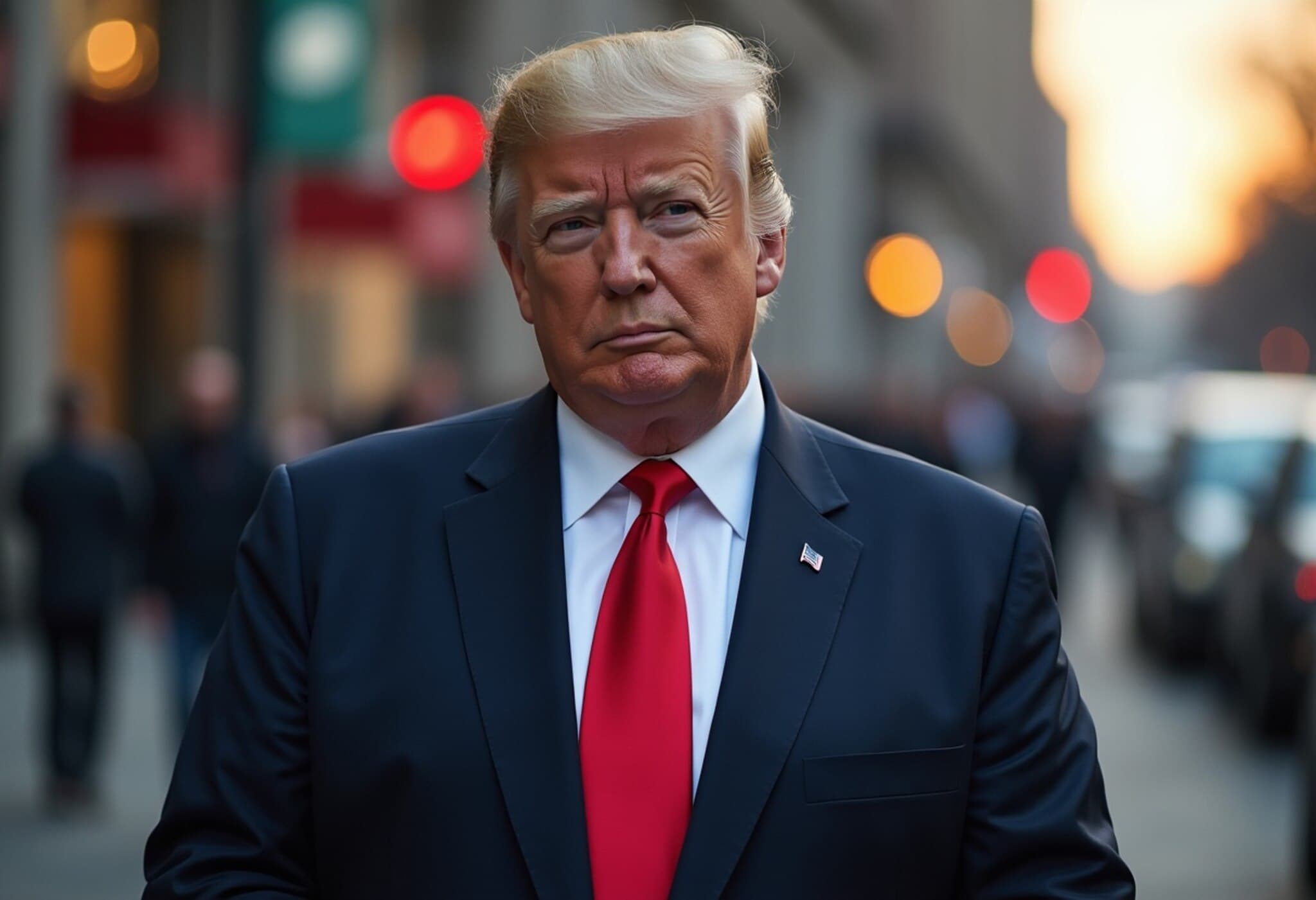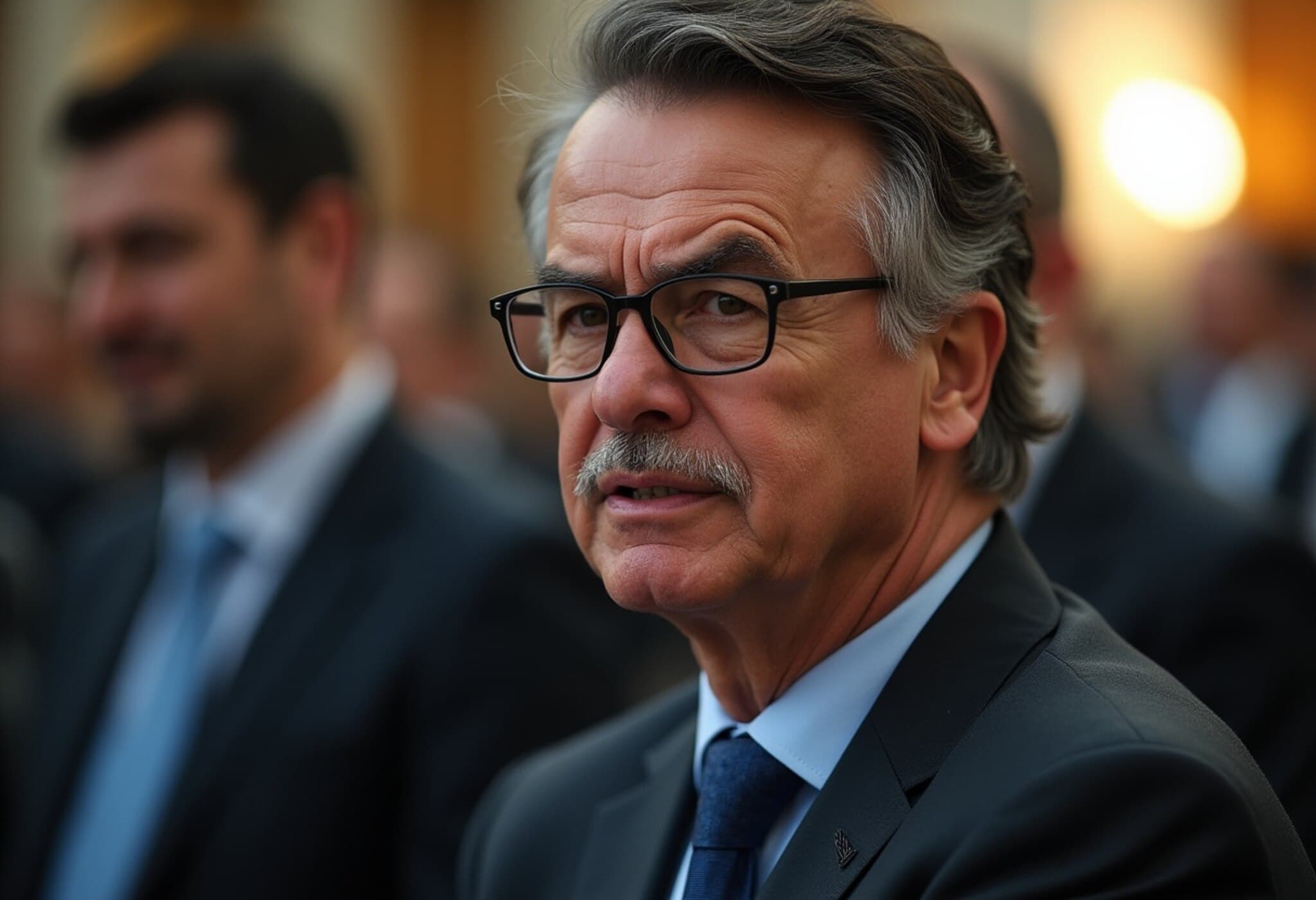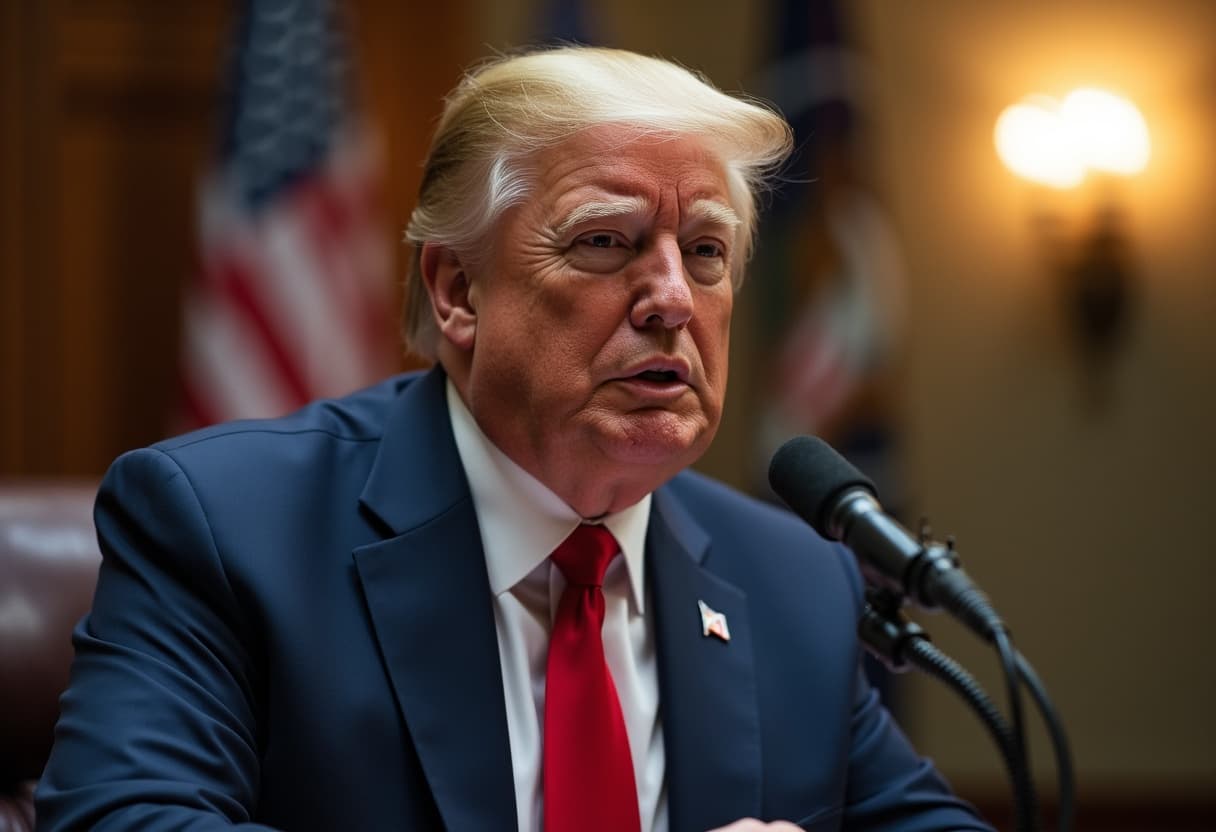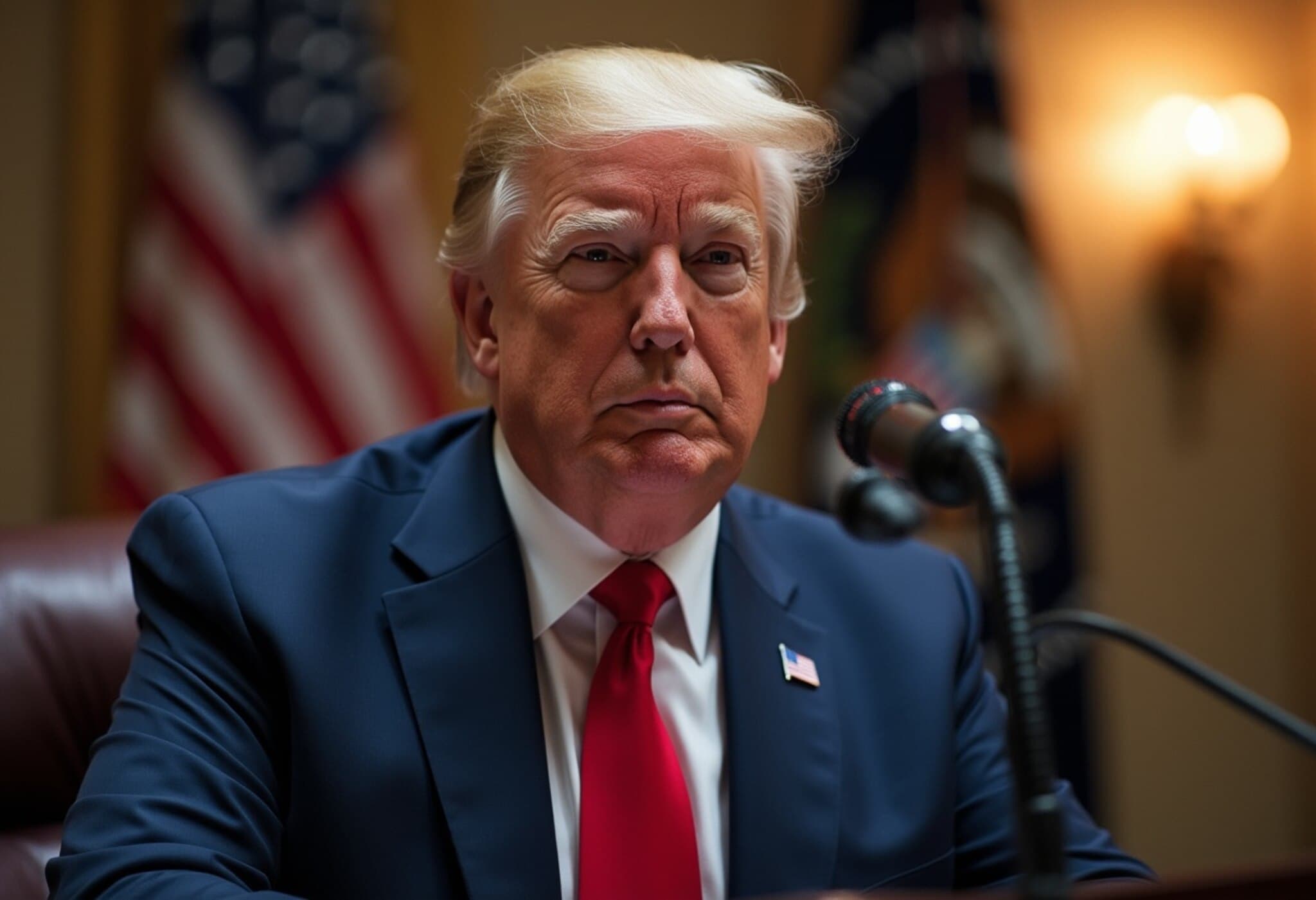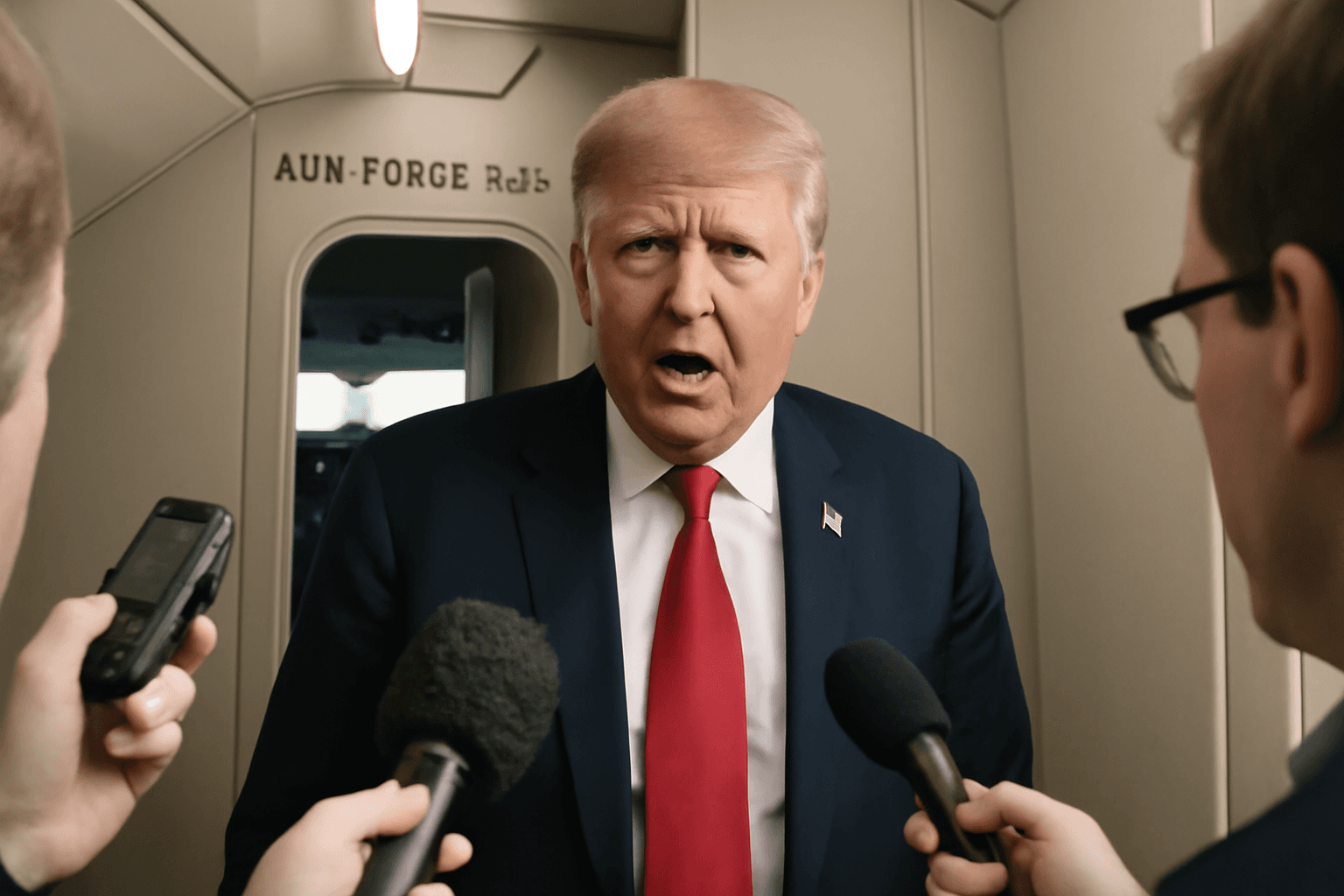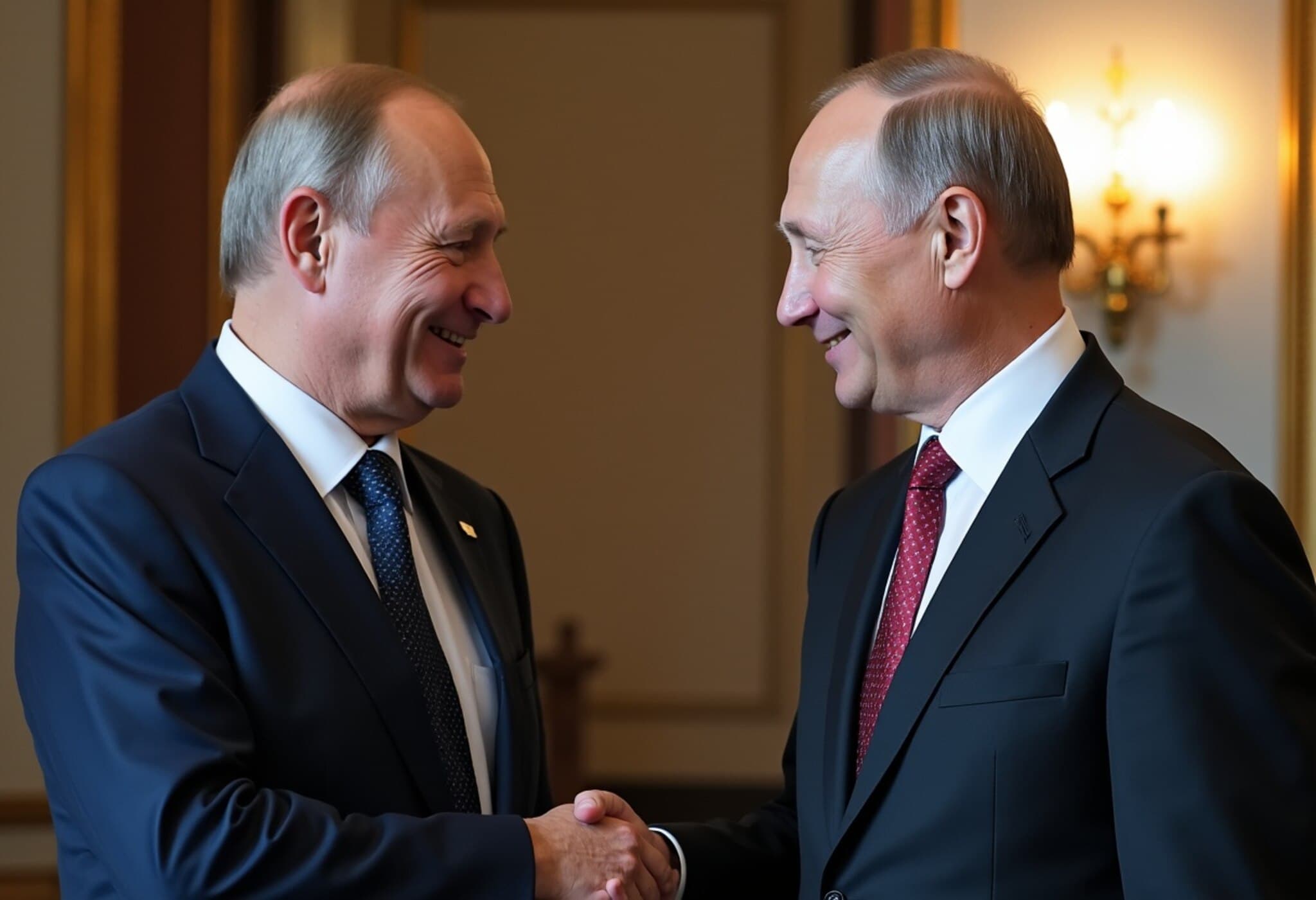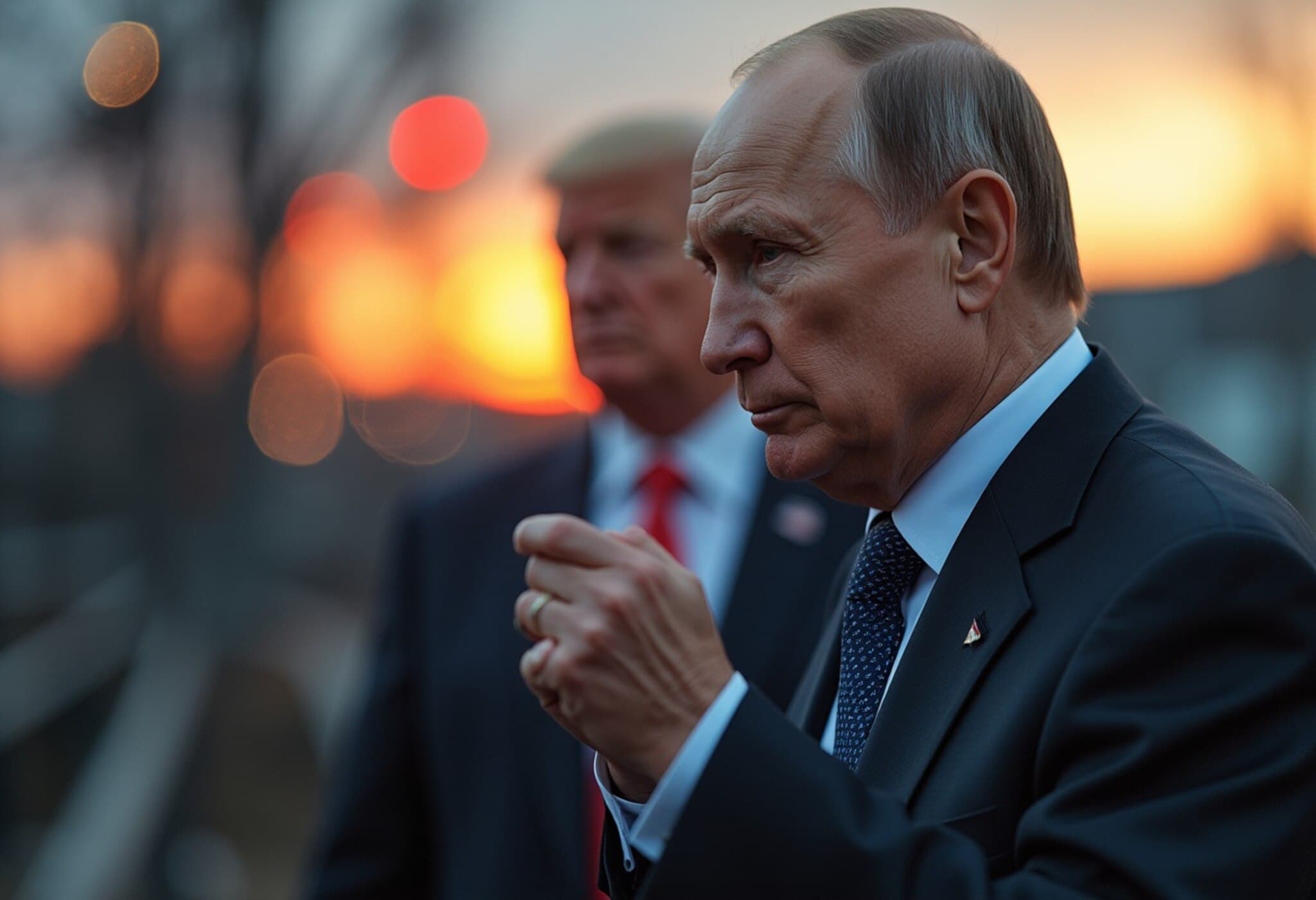Trump Criticizes Russia's Economy and Connects Oil Prices to War Effort
In a pointed interview on Tuesday, former U.S. President Donald Trump sharply criticized Russia's economic situation, stating bluntly that Russia's economy "stinks." He emphasized that a further drop in oil prices could severely undermine Moscow's capacity to sustain its military operations in Ukraine.
Energy Prices and Economic Pressure as Leverage
During his conversation with CNBC’s "Squawk Box," Trump asserted, "Putin will stop killing people if you get energy down another $10 a barrel." He argued that lower oil revenues would leave Russian President Vladimir Putin no choice but to halt aggressive actions due to the crippling strain on his economy.
This candid assessment highlights how deeply connected Russia’s war efforts are to its oil exports. Since the invasion of Ukraine in 2022, Western sanctions have targeted these vital revenue streams, yet nations like India and China continued purchasing discounted Russian crude, undermining the sanctions’ intended impact.
Strained Diplomatic Relations and Rising Tensions
The comments come amid worsening U.S.-Russia relations, which have soured considerably despite an initially cautious diplomatic tone at the outset of Trump's second term. Trump's recent threats to impose "secondary tariffs" on countries trading with Russia indicate heightened frustration with global actors perceived as enabling Moscow’s war economy.
- Trump threatened a 25% tariff on Indian exports due to New Delhi's continued purchases of Russian oil, signaling potential escalation in trade conflicts.
- He suggested the tariff could be increased beyond 25% within 24 hours, citing India's role in "fueling the war machine."
The Kremlin responded sharply through spokesperson Dmitry Peskov, emphasizing that sovereign nations, including India, have the right to choose their trade partners without coercion, labeling U.S. tariff threats as illegitimate attempts to dictate trade policy.
The Economic Toll on Russia: Sanctions and Internal Struggles
Russia’s economy continues to buckle under international sanctions targeting finance, energy, and technology sectors. Domestically, challenges such as rampant inflation and rising food and production costs—exacerbated by the ongoing conflict—compound Moscow’s difficulties.
According to Russia’s Economic Development Ministry, growth projections are slowing sharply, with forecasts dropped from 4.3% in 2024 to just 2.5% this year. The Finance Ministry also revised down expected oil prices to $56 per barrel, lower than previous estimates of nearly $70.
Global Oil Market Impact and Broader Implications
OPEC and allied producers recently announced a planned increase in oil output, bringing prices down to the mid-$60s per barrel range. This development intersects with Trump’s call for lower energy prices to weaken Russia economically, showing how global market dynamics and geopolitical strategies are deeply intertwined.
However, despite these pressures, Russia’s ability to sustain its war effort will also depend on its diplomatic relations, domestic resilience, and the global community’s unified response.
Expert Analysis: The Complexity Behind “Oil as a Weapon”
Energy exports form the backbone of Russia’s state revenue—constituting nearly half of its federal budget. Consequently, sustained pressure on oil prices can significantly restrict military funding. Nonetheless, the geopolitical landscape remains complex. Countries like India and China balance economic interests with diplomatic ties, resisting unilateral pressure, which complicates enforcement efforts for Western sanctions.
From an American policy perspective, enforcing tariffs on third-party buyers reflects an extension of economic coercion. While potentially effective in deterring indirect support for Russia’s war economy, such measures risk straining U.S. relations with important emerging markets and may invite retaliatory trade policies.
Looking Ahead: What to Watch
- Will global oil prices continue their decline? Sustained lower prices could amplify economic hardships within Russia.
- Can the West maintain pressure on Russia's trade partners? Success here is pivotal to shrinking Moscow’s war budget.
- How might escalating U.S.-India trade tensions impact broader geopolitical alliances?
- Will Russia pursue alternate economic strategies to counter sanctions? Increased domestic production or deeper alliances with non-Western countries might mitigate losses.
Editor’s Note
Trump’s blunt characterization of Russia’s economy sheds light on the critical role energy markets play in geopolitical conflicts. While lower oil prices could hamper Russia’s war resources, the tangled web of international trade, strategic alliances, and economic nationalism presents formidable obstacles. This evolving scenario raises pressing questions about the efficacy of sanctions as a tool of foreign policy and the potential unintended consequences of punitive trade measures on global diplomacy.
As policymakers and observers, it’s crucial to monitor how economic levers intersect with military realities—and to consider whether there are more nuanced paths to conflict resolution beyond financial pressure.

